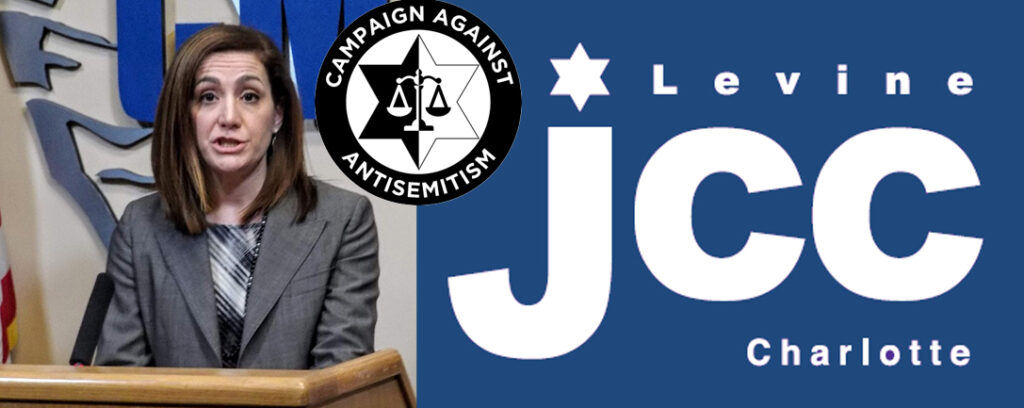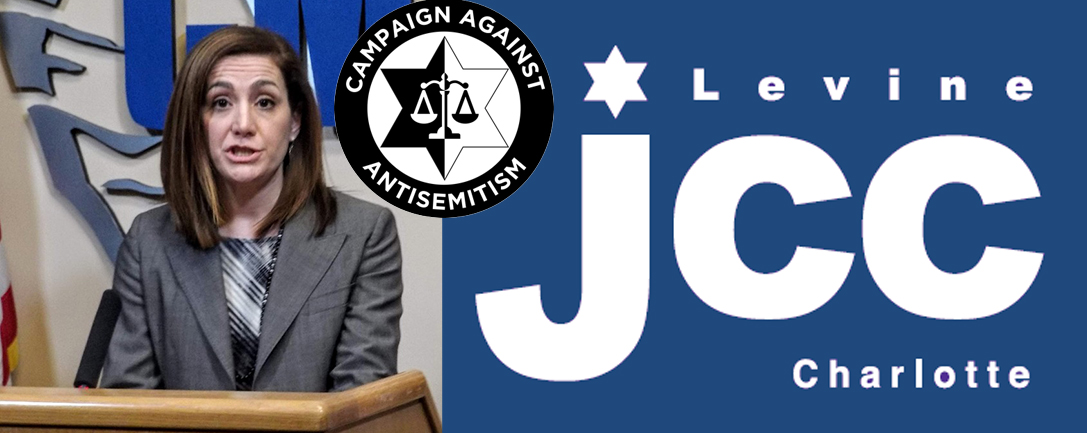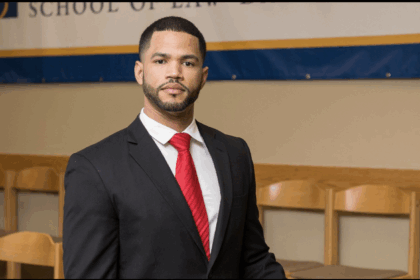
The late U.S. Supreme Court Justice William O. Douglas once wrote: “Any experienced prosecutor will admit he can indict anybody at any time for almost anything before any grand jury.” Former New York Court of Appeals Judge Sol Wachtler put it more bluntly when he famously said a prosecutor could get a grand jury to “indict a ham sandwich.”
Almost all prosecutors in America are elected officials. And voters across the United States — in red and in blue states alike — strongly prefer elected prosecutors who are committed to reducing incarceration, ending racial disparities, and being fully transparent.
A number of nonprofit organizations, along with a large coalition, including, The Christian Mail, The Seeds of peace, American University, and others have all congregated with hundreds of demonstrators to deliver signatures and letters calling on the Department of Justice to fully examine the falsely indicted innocent American Israeli family on December 17th, 2020, in Charlotte, North Carolina by Western District Assistant Attorney Jenny Grus Sugar.
Since prosecutors are the most powerful officials in the American criminal justice system. The decisions they make, particularly the charging and plea-bargaining decisions, control the operation of the system and often predetermine the outcome of criminal cases. Prosecutorial power is vast and unrestrained, and the mechanisms that purport to hold prosecutors accountable are weak and often totally ineffective. In addition, the most important prosecutorial decisions are made behind closed doors – away from public scrutiny and thus immune from public accountability. The most remarkable feature of these important, sometimes life-and-death decisions is that they are totally discretionary.
The deficiency of prosecutorial discretion lies not in its existence, but in the randomness and arbitrariness of its application. Even in prosecution offices that promulgate general policies for the prosecution of criminal cases, there is no effective mechanism for enforcement or public accountability. Self-regulation by prosecution offices is largely nonexistent or ineffective, and the United States Supreme Court has protected prosecutors from both public and judicial scrutiny.
Some prosecutors take advantage of the power they wield during the plea-bargaining process. Many prosecutors engage in “overcharging” – charging the defendant with the offense that carries the greatest penalty, even when she knows she may not be able to prove it at trial. The purpose of this practice is to goad the defendant into pleading guilty to a lesser offense.
Rights groups have called for a transparent and independent investigation into Jenny Grus Sugar’s motive. Our team also demand full, transparent and independent investigation and justice for the American Israeli innocent family.








